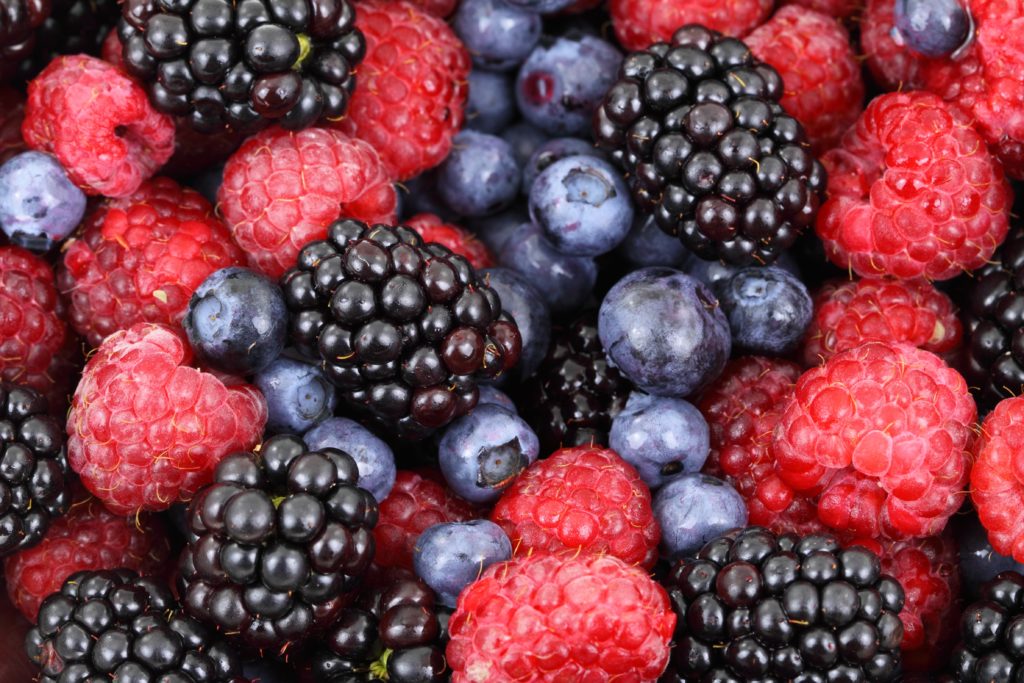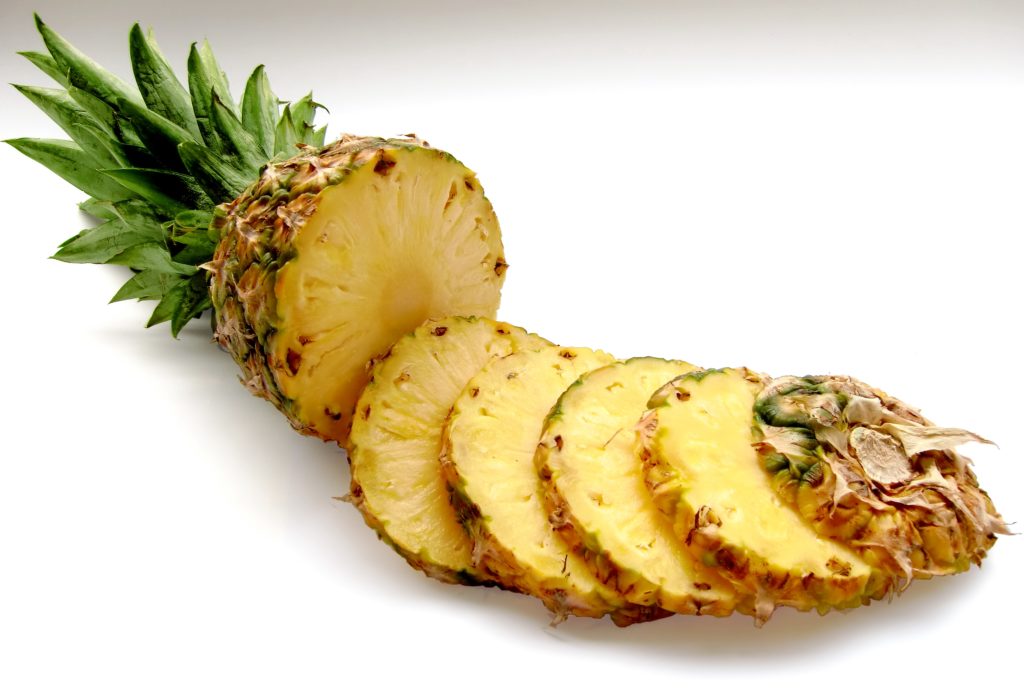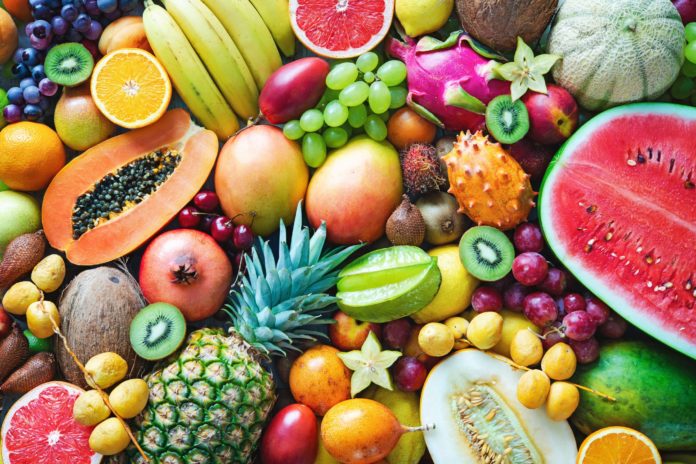The amount recommended by the American Heart Association (AHA), which is 9 teaspoons per day for men and 6 teaspoons for women.

Fruit
Fruits contain a type of sugar called fructose. Fresh fruit has no added sugar, but sugar levels range from 1 teaspoon per 100 grams in cranberries to over 3 teaspoons in grapes.

All figures below show naturally occurring sugar per 100 g serving of fresh fruit. Consuming fruit is part of a healthy and well-balanced diet and that the sugar in fruit has not demonstrated adverse effects on health. However overconsumption may cause health issues.
- Mangos: 2.77 teaspoons of sugar
- Bananas: 2.48 teaspoons of sugar
- Apples: 2.11 teaspoons of sugar
- Pineapples: 2 teaspoons of sugar
- Grapes: 3.14 teaspoons of sugar
- Lemons: 0.5 teaspoons of sugar
- Kiwi fruit: 1.82 teaspoons of sugar
- Apricots: 1.87 teaspoons of sugar
- Strawberries: 0.99 teaspoons of sugar
- Raspberries: 0.9 teaspoons of sugar
- Blueberries: 2.02 teaspoons of sugar
- Cranberries: 0.87 teaspoons of sugar
- Tomatoes: 0.53 teaspoons of sugar
© Copyright – Hector Sectzer

















